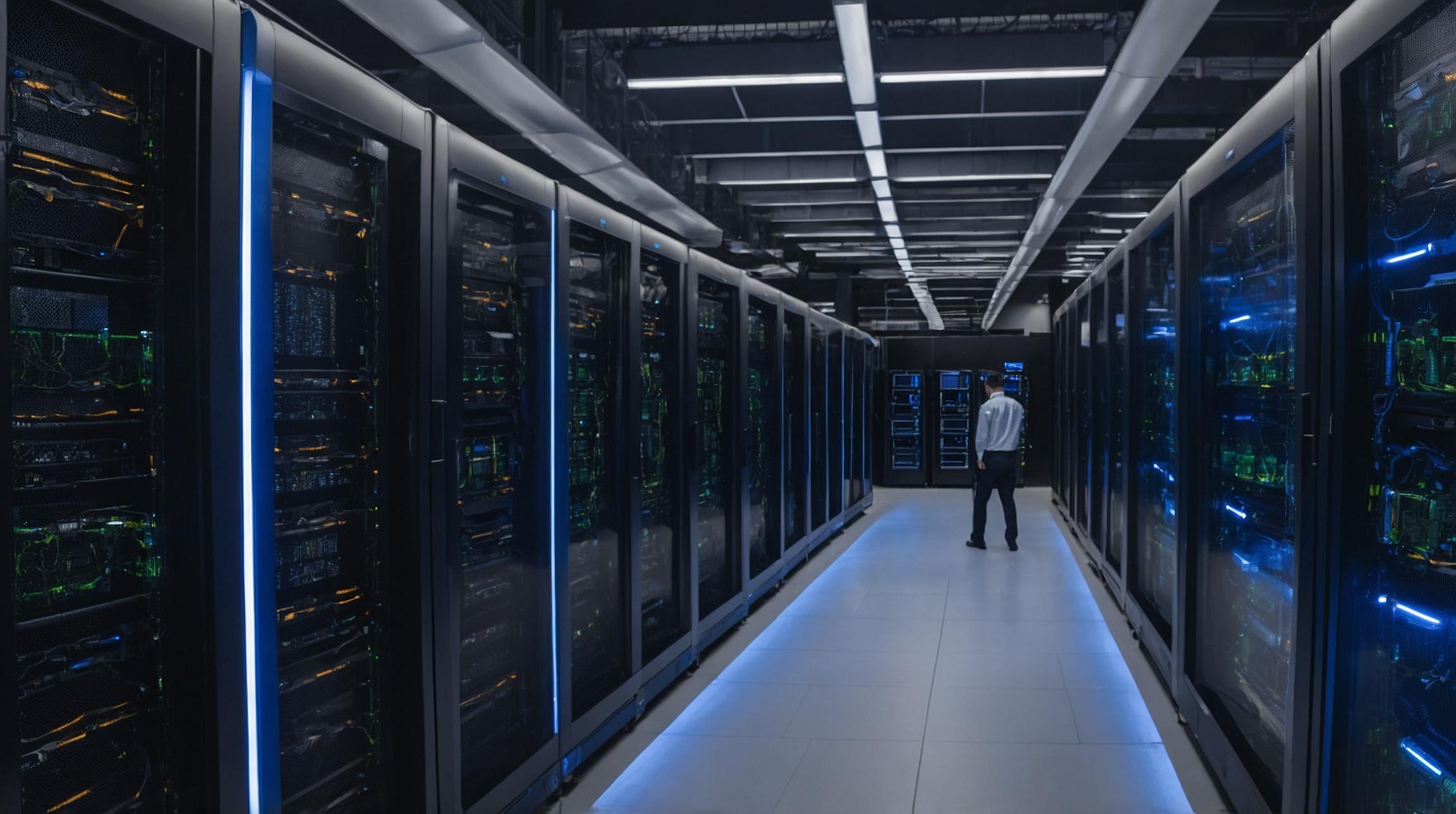H-1B Visa Fee Hike Sends Shockwaves Through Tech Industry
A recent announcement by President Trump to increase the H-1B visa application fee to $10,000 has generated significant concern within the technology sector. This visa is a critical tool for U.S. companies to recruit highly skilled foreign workers, and the steep fee hike has prompted widespread debate about its potential impact.
Expert Analysis: Intentions Versus Implementation
Jeremy Neufeld, director of immigration policy at the Institute for Progress, provided insight into the recent H-1B changes during a discussion on TechCrunch’s Equity podcast. While he acknowledged the rationale behind the policy shift, Neufeld criticized its execution, stating it has “left a lot to be desired.”
“Some of the proposals that they’ve ended up settling on have either loopholes or they’re prioritizing the wrong thing,” Neufeld explained. “It’s going to be a big tax on us bringing in top researchers from around the world.”
Neufeld warns that the new fee structure may inadvertently hinder the very talent the administration sought to attract, potentially reducing the United States’ appeal to global researchers.
Balancing Support and Concerns Over Visa Changes
Despite the backlash, some stakeholders support the changes. Neufeld noted it is reasonable to ensure that the 85,000 annual H-1B visa slots are awarded to workers who provide significant value. He emphasized the logic behind introducing a fee to filter applicants, ensuring the best candidates receive visas. However, he also highlighted persistent loopholes that allow some companies to exploit the system, suggesting that the reforms do not fully address alleged abuses.
Wage Level Requirements and Other Policy Adjustments
Beyond the fee increase, the administration has introduced new wage level requirements for H-1B applicants. These wage thresholds aim to ensure that visa recipients are compensated fairly and reflect their skill levels. The motivations behind these changes include curbing visa misuse and protecting domestic labor markets. However, the full effects remain uncertain as the changes are currently in a “notice and comment” period, inviting public feedback.
Given the strong reactions from industry and immigrant communities, additional modifications to the H-1B visa program may be forthcoming before the next lottery cycle in spring 2026.
“I think many people are going to be deterred from coming to the United States,” Neufeld observed, underscoring the broader implications for global tech hiring.
FinOracleAI — Market View
The recent H-1B visa fee increase and associated policy changes represent a significant shift in U.S. immigration policy affecting the tech sector. While intended to prioritize high-value applicants and curb abuses, the measures risk reducing the U.S.’s competitiveness in attracting global talent.
- Opportunities: Higher fees may encourage more rigorous applicant vetting, potentially elevating the overall skill level of visa recipients.
- Risks: The steep fee hike could deter qualified foreign professionals, leading to talent shortages in critical tech fields.
- Loopholes in policy implementation may undermine intended outcomes, allowing some companies to exploit the system.
- The uncertainty during the public comment period suggests further changes could impose additional burdens on employers and applicants.
- Global competitors may capitalize on U.S. policy shifts by attracting displaced talent.
Impact: The policy changes are likely to have a
negative short-term impact on the U.S. technology sector’s ability to attract and retain international talent, with potential long-term consequences for innovation and competitiveness.













